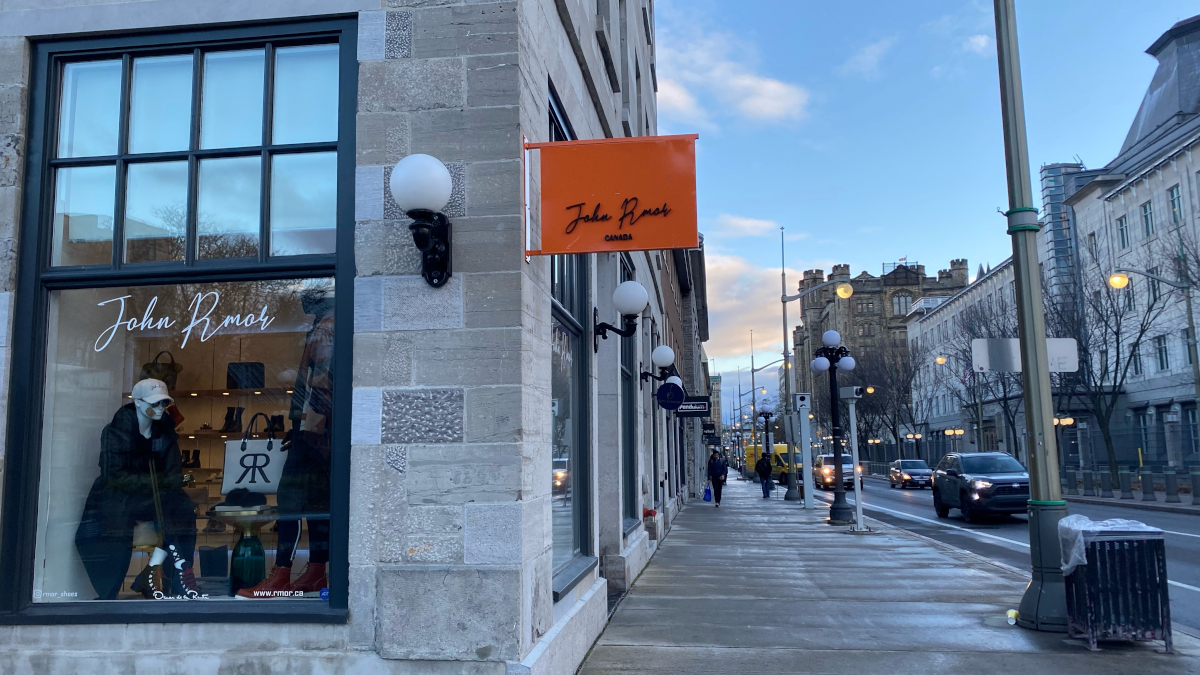The Ottawa-Gatineau area had the highest rate of reported incident-based offences in 2022, according to a Capital Current analysis of data Statistics Canada uses to track crime.
The incidents include shoplifting, theft, breaking and entering and hate-motivated mischief. Experts say these numbers do not necessarily mean the city is dangerous.
They also say the numbers reflect the fact that citizens have what one says is “high trust” in local police leading to more reports of crimes.
Ottawa-Gatineau had a property crime rate of almost 12,000 per 100,000 people, 13 per cent higher than the second rated city of Kelowna B.C. at 11,000. The rate is also around 240 per cent higher than Toronto’s 3,700. Ottawa-Gatineau had the third highest rate in 2021 and 2022.
Of the property crimes in Ottawa-Gatineau reported in 2022, the highest was shoplifting under $5,000.
Ottawa police did not respond to Capital Current with 2023 data for property crimes in the city.
Irvin Waller, a criminology professor at the University of Ottawa, said that while the rates are high, they are no cause for concern about safety for Ottawa citizens.
“There’s nothing surprising about these statistics,” Waller said. “It’s likely that people have trust in the police to efficiently tackle their problems. It’s a sign that our police force is reliable when it comes to response rates.”
A survey commissioned by the Ottawa Police Service shows 65 per cent of residents indicated that they had a moderate to very high level of trust in the service, up 20 per cent from the last survey in 2020.
The same survey found that more than 60 per cent of respondents said they believed community safety has decreased in Ottawa over the last three years.
John Rmor's Sussex Drive boutique saw front doors smashed and the shop robbed two nights in a row with almost $40,000 worth of merchandise was stolen he says.
The area is part of Rideau-Vanier Ward, which has the second-highest crime rate in Ottawa. Rmor says fellow shop owners in the area have similar experiences of theft.
“[Mark Sutcliffe] has a lot of work to do,” says Rmor. “I would not like to be in his shoes.”
“We have a council in the Byward Market District Authority, with all the shop owners where we are supposed to speak to Sutcliffe and other politicians on our struggles, but they only talk about the budgets they don’t have,” says Rmor. “They procrastinate too much.”
The mayor's office did not respond to a request for comment by Capital Current reporters.
While there is trust between shop owners and the police, Rmor says more is required to address drug and homelessness issues and to attract customers back into the area.
“Clientele are scared to come shop downtown, because they worry for their safety,” he says. “Ask any of my neighbouring [shop owners], on Friday night, restaurants are empty.”
Rmor says that until the local community finds solutions to homelessness or drug-abuse, depending on extra law-enforcement to protect shops is only a “bandage on a bleeding wound.”
“Of course, more police patrol and walk-ins would be helpful,” says Rmor, “But the people that need to help first are all of us in the community. We need to give homeless people the correct tools to restart their life, with programs, and work on solutions to have a nice experience downtown.”
The provincial Community and Safety Policing Act says all municipalities must have a plan to address community well-being and safety concerns with preventative measures. In Ottawa that has meant steady budget increases over the past several years. The Ottawa Police Service budget for 2024 includes a $13.4 million increase in funding over last year. The OPS operating budget would be $372.4 million, according to documents prepared for the police board.
Waller said he is skeptical about the efficiency of any increase in police presence, instead saying that the use of preventative measures is key in reducing crimes.
“Developing [the plan] isn’t actually going to make a difference,” Wallen said. “It’s not clear how, or if police budget will actually deliver on any of these things at this point. We don’t really need more police, we need better strategies.”




